DEI Council Chairs and Goals (2020-2021)
The Diversity, Equity and Inclusion Council is responsible for leading in the development, implementation, and monitoring of the university’s diversity strategic action plan. The Council has 3 strategic priorities, led by 7 dynamic leaders.
DEI Strategic Priority Committee 1: Creating a more inclusive and equitable campus community
Goals:
- Contributing DEI content for social media and the DEI blog
- Contributing to the development of a multicultural calendar to be shared with the campus
- Collaborating with Student Government Association (SGA) and Social Justice, Inclusion and Conflict Resolution (SJICR) to address and better understand the challenges faced by SGA sponsored and affinity organizations (advisor, recruitment, advisor training, membership, financial support, etc.)
- Collaborating with Student Center and Campus Activities to develop a plan a more equitable campus and community for students, faculty, and staff, which includes a focus on physical spaces for groups
- Assisting with developing policies for student organizations for those who are using the Student Center
Francesca Pugh- Opher (she, her, hers), Academic Advisor
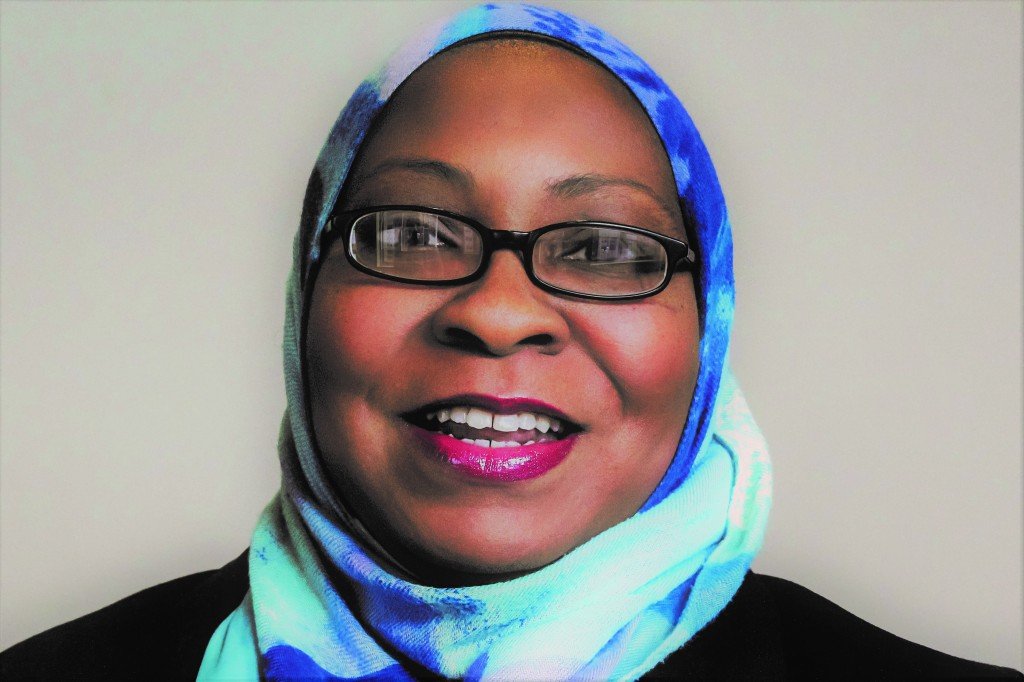
Tell us about yourself: I serve as an Academic Advisor for two online programs: Law and Justice and Liberal Studies. As an advisor, I guide, mentor, and support students in accomplishing their educational and career goals. I am involved in a professional learning community to help academic advisors deepen their knowledge and skills in student support services. Also, I serve as an advisor to a Muslim student group on campus. It is my passion to promote a more diverse, inclusive, and equitable campus climate at Rowan University. Outside of school, I am the proud mother of two girls and a grandmother.
Why DEI work is important: As schools become increasingly diverse, it is important to ensure that all students, faculty, and staff have an opportunity to thrive. DEI efforts allow us to embrace our differences while building core values and advancing our mission for a more diverse and inclusive environment.
Purpose of committee: Our committee strives to create a more diverse, equitable, and inclusive campus environment for students, faculty, and staff. We will continue to focus on the betterment of the university through a DEI lens.
Favorite DEI resources: Diverse: Issues in higher education (diverseeducation.com)
Chris D’Angelo, M.A. (he, him, his), Director of Alumni Engagement
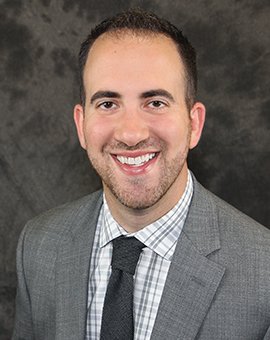
Tell us about yourself: I serve as the Director of Alumni Engagement at Rowan. My passion for higher education was sparked by undergraduate experiences working as a PRO, Resident Assistant, and student worker for the Dean of Students. I’m a two-time Rowan alum with a BA in Advertising and MA in Higher Education Administration. Outside of work I’m a proud father to my son, Landon, and dog dad to Emmy.
Why DEI work is important: As members of the Rowan community we should all strive to develop a campus culture that welcomes difference, holds people accountable for equity, and challenges pre-existing notions and misconceptions. I believe the work taking place at Rowan will only make us a more desirable institution for people to come learn and work.
Purpose of your committee: The overarching goal of our subcommittee is to create a more inclusive and equitable campus community. This can be accomplished through a combination of policy, educational & awareness campaigns, and program development/improvement.
Favorite DEI Resources: Faculty, staff and students interested in keeping up with current issues and learning more about how other institutions are tackling DEI on their campuses could benefit from following Educause (educause.edu) and Diverse Issues in Higher Education (diverseeducation.com). “Code Switch” and “The Will to Change” are two weekly podcasts with a great back catalogue of listening options, as well.
DEI Strategic Priority Committee 2: Recruiting, retaining and supporting a more diverse campus community
Last year, SPC2 developed a method for analyzing policies through an equity lens. The University Senate’s Academic Policies and Procedures Committee and the Division of Academic Affairs have adopted the methodology as one of the tools they use when reviewing academic policies.
At the request of DEI, SPC2 has documented some of the University’s diversity, equity, and inclusion issues and offered potential solutions. Members of SPC2 have begun working with colleagues throughout the University to realize some of these solutions, including:
- Expanding the use of inclusive language practices in the classroom, throughout campus, and in our communications with prospective students and their families
- Reducing barriers to full participation in University opportunities such as on-campus employment, experiential learning, and student leadership
- Increasing faculty involvement in student recruitment through outreach to underrepresented and marginalized communities
- Expanding scholarship funding and revising its structure to better meet the needs of underrepresented student populations.
Jeff Bonfield (he, him, his), Director of Assessment
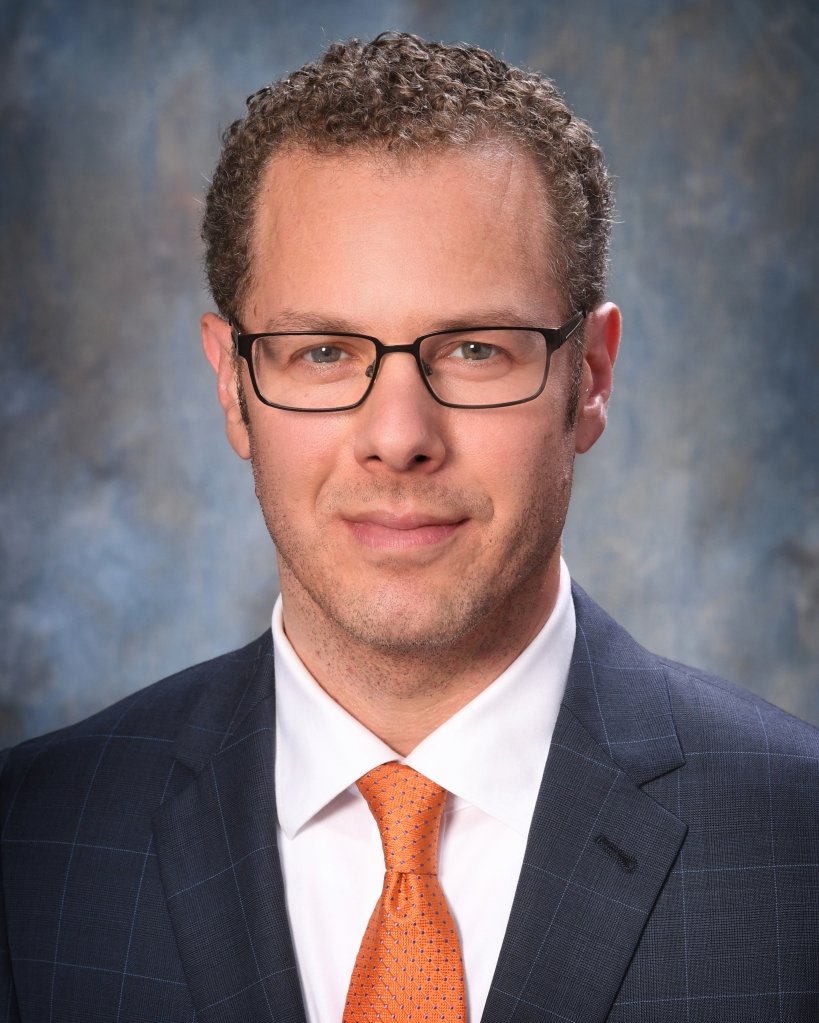
Tell us about yourself: I’ve worked professionally in higher education since 2001, but I started my career later than most. I attended three undergraduate institutions before earning a bachelor’s degree. I also stopped out for a few semesters to work. The jobs included cashier at a health food supermarket, barista, clerk at a library for the blind, and truck driver. I held these jobs in Denver, Seattle, Austin, and the Mid-Atlantic region respectively.
After graduating college, I taught community English as a second language classes in Philadelphia for a couple of years before starting work at Drexel University as a tutor Coordinator. I soon became the director of the academic support office and continued working in that field for twelve years. It was during this time that equity became a focus of my work. In particular, I evaluated my job performance in part on the extent to which students who were underrepresented on campus were at least equally if not overrepresented in the office, both working as tutors and receiving academic support.
My commitment to these values has deepened in my current job as Director of Assessment. I believe one of the most important functions of higher education is to increase social mobility. This is particularly important for populations that have been systematically oppressed and marginalized in America. Part of my current work is making visible to faculty how students from various populations are being evaluated in their coursework
Why DEI work is important: As I thought about this writing prompt, I kept coming back to, “Why do we keep having to defend this position?” I think maybe it’s because one’s view on whether DEI work is important is based on personal values rather than facts. I have no illusion that my words will influence anyone’s values, so I’ll just state the obvious for those who agree with me.
Higher education is disproportionately white and middle class. That is true of the students, faculty, and leadership of most of the colleges and universities in America. While I said above that one of the most important functions of higher education is to increase social mobility, it is also true that at its worst higher education reinforces the status quo.
It would be wonderful if DEI work were not important, because that would mean that the people studying and working in America’s colleges and universities are representative of the people living in America. I personally would see that kind of parity as an early sign that we’re finally overcoming the racism, sexism, homophobia, xenophobia, etc. that are pervasive throughout US history and much of our present.
Since we haven’t yet realized that dream, we have work to do. One step we can take in our own work is to ensure every student-related policy, procedure, and practice within the University affects all students equally—so, for instance, the student who works full time has an equal chance of success as the student whose education is paid for.
Purpose of your committee: To contribute to Rowan University’s efforts to recruit, enroll, support, retain, and graduate a diverse student population.
Favorite DEI resources: Books have profoundly influenced my values and my understanding of the world and other people, but the books are almost entirely works of fiction. Some of my favorites are (in no particular order):
- Ralph – Ellison – Invisible Man
- Leslie Marmon Silko – Ceremony
- Salman Rushdie – Midnight’s Children
- J. D. Salinger – Franny and Zooey
- Toni Morrison – Beloved (The audiobook is read by the author and is mind-blowingly good.)
- Haruki Murakami – The Wind-Up Bird Chronicle
- Octavia Butler – Parable of the Sower
MaryBeth Walpole, Ph.D. (she, her, hers)
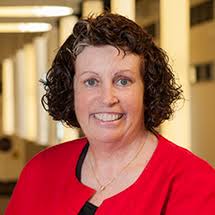
Tell us about yourself: MaryBeth Walpole is a professor in the Educational Services and Leadership department at Rowan University. Her research interests focus on access and equity issues in higher education, particularly focused on students from low socioeconomic backgrounds, students of color, and students with disabilities. Her work has been published in several journals including Research in Higher Education, The Review of Higher Education, Urban Review, NASPA Journal about Women in Higher Education, and The Journal Of Negro Education. Her books include: From diplomas to doctorates: The success of black women in higher education and its implications for equal educational opportunities for all, which she coedited and Economically and educationally challenged students in higher education: Access to outcomes.
DEI Strategic Priority Committee 3: Promoting and Supporting Inclusive Teaching, Scholarship and Professional Development
Goals:
- Developing a Faculty Hiring Toolkit
- Proposed, pending approval, DEI recommendations for Memorandum of Agreement (MOA), to ensure diversity, equity and inclusion work is being valued and rewarded as part of the professional responsibility of every faculty and staff member at Rowan University
- Exploring recommendations for intercultural competence and diversity across the curriculum.
Dawn Singleton, ED.D (she, her, hers), Senior Director of Student Success and Inclusion Programs
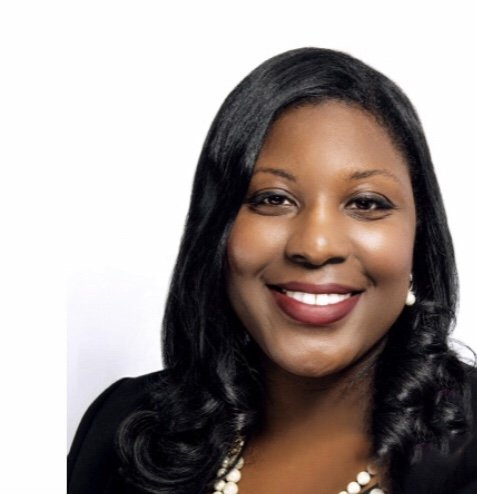
Tell us about yourself: Dr. Dawn Singleton is the Senior Director for Student Success and Inclusion Programs. She earned her doctoral degree in Educational Leadership from Rowan University. In her role, she provides oversight to student pipeline and support programs and the Achieving Success through Collaboration, Engagement & Determination (ASCEND) Office. In addition to overseeing the programs and student success services of the ASCEND Office, she serves as an adjunct faculty member in the College of Humanities and Social Sciences and the College of Education. Dr. Singleton has over 15 years of student affairs experience gained at a variety of colleges and universities including small and large public, and private institutions. She has held a range of student affairs leadership positions, in which she has worked closely with students, administrators, and faculty to enhance student success. Throughout her career, Dr. Singleton has developed multiple student centered initiatives, advised and programmed for diverse student populations, including international, first generation, underrepresented, and English language learner (ELL) students. As an administrator, she prides herself on implementing programs and services that produce successful life and educational outcomes for all students. In her current role, she leads an awesome team of counselors, directors, and staff passionate about providing access and tools for student growth and engagement. She also coordinates holistic academic and social support programs to assist first-generation, under-resourced, and underrepresented students persist to graduation, utilizing student development theories, high impact strategies, and frequent program assessment. Dr. Singleton’s research has focused on intersectional issues related to gender, ethnicity, and culture, comparatively, that confound women’s advancement in leadership roles within the US and South Africa. Her current research continues to focus on issues of social justice and improving the persistence and outcomes for underrepresented students. She has presented at numerous conferences and led trainings on supporting first generation and underrepresented students through intentional programming, student success initiatives, and campus partnerships.
Why DEI work is important: As a student affairs educator, creating a sense of belonging for all students is critical to the work that I do and my core values. So advancing diversity, equity and inclusion is important to me, because diverse representation and inclusive learning environments, provide inspiration and real life opportunities for students. It also provides for an enriched campus experience, which ultimately impacts our student’s ability to achieve their educational and professional goals.
Purpose of your committee? Our committee focuses on supporting the integration of DEI work into teaching, research, and professional development. We support faculty and staff in their efforts to embrace DEI work as part of their own professional responsibilities. We also advocate for DEI work to be valued and rewarded within our professional culture and merit evaluation system.
Favorite DEI resource: Right now my favorite resource database is NASPA’s Equity, Inclusion and Social Justice resource files and publications,https://www.naspa.org/focus-areas/equity-inclusion-and-social-justice
Stephanie Lezotte, Ph.D. (she, her, hers), Director of Strategic Research Initiatives and Outreach
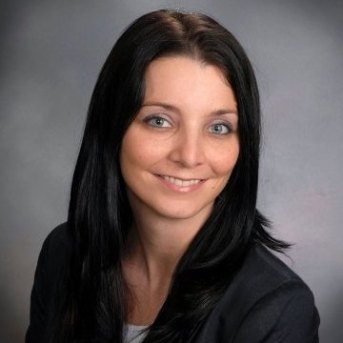
Tell us about yourself: My full title is Director, Strategic Research Initiatives and Outreach. I work within the Division of University Research.
Why DEI work is important: DEI work is important because communities need to be inclusive and learn from one another in order to strive for equity in all that we do.
Purpose of your committee? This committee centers around opportunities for inclusive teaching and learning—whether you are a faculty, student, or staff member. We want to ensure that all members of the Rowan community have access to and are encouraged to participate in DEI-related professional development and that classrooms, labs/studios, and administrative spaces are welcoming places that embrace diversity. Not only do we want to showcase inclusionary work that is already happening on campus (such as research, scholarship, teaching, and activism) but we also want to create new avenues in which people can get involved in such work.
Favorite DEI resources: I personally continue to learn in these areas by following critical scholars and hashtags on Twitter, reading books about anti-racism, participating in Rowan’s Anti-Racism Coalition (ARC), and talking with the many faculty on campus who already practice inclusive teaching and learning.
Whitney Cox, Ph.D. (she, her, hers), Lecturer of World Religions
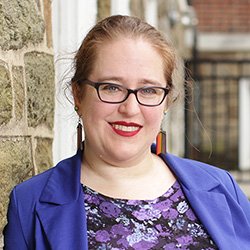
Tell us about yourself: Whitney received her Ph.D from Temple University’s Department of Religion. Her work focuses on contemporary U.S. Christianity, gender, sexuality, and AIDS. She is also interested in archival research and preserving the histories of queer communities.
Why DEI work is important: DEI work is important for so many reasons, but I think one that gets overlooked is that it works against systems of oppression. Too often problems are framed in terms of single bad actors – individual people who don’t know better (or who know better but just don’t care) – with the implication that if we could just fix the way those individuals think, everything would be fine. Alas, even good, well-intentioned people can perpetuate oppression by not examining how the status quo is harmful. DEI work challenges the norms and expectations we all work under in order to create a better place for everyone.
Purpose of your committee? The purpose of our particular committee is to help faculty make their classes and classes places that better address the needs and perspectives of their students. One of the big ways we want to do his is by making sure that DEI work is recognized as important work. Making pedagogy inclusive takes time and deliberate effort, but that effort is often minimized or even ignored in favor of more traditional metrics of accomplishment. To make a university that values inclusivity, we have to make a university that values how much goes into making that inclusivity possible.
Favorite DEI Resources: https://blacklivesmatters.carrd.co/ , https://www.scholarstrike.com/resources , https://voices.revealdigital.org/ , https://www.historians.org/perspectives , https://www.radicalhistoryreview.org/abusablepast/microsyllabus-histories-of-queer-radicalism/ , https://issuu.com/candicebenbow/docs/lemonade_syllabus_2016?e=24704410%2F35434012 , https://medium.com/@UVAGSC/the-charlottesville-syllabus-9e01573419d0 .
Questions about DEI Council? Email us at DEI@Rowan.edu